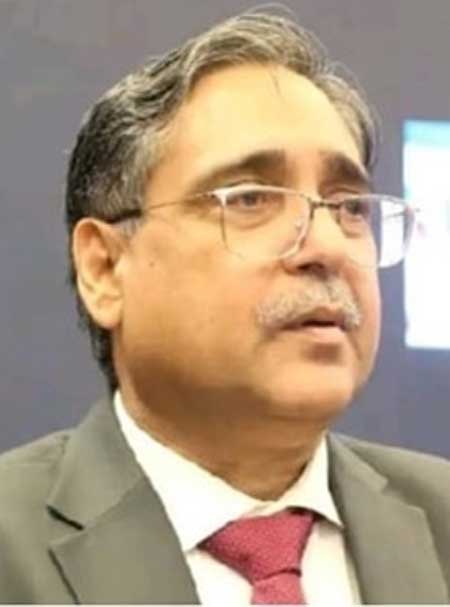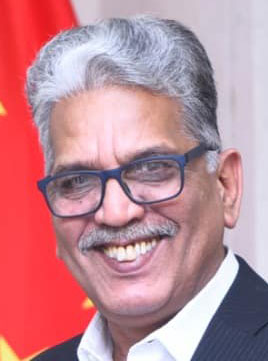Karachi, Pakistan’s most populous city and the world’s twelfth-largest by population, stands as a sprawling metropolis situated along the country’s southern coastal belt. With an estimated populace of over 20 million, Karachi is not merely a demographic behemoth; it also serves as Pakistan’s preeminent industrial and financial nucleus. Remarkably cosmopolitan and socially liberal, the city exhibits a striking tapestry of linguistic, ethnic, and religious diversity. While its historical roots extend deep into antiquity, the modern incarnation of Karachi traces back to the establishment of the fortified village of Kolachi in a relatively recent epoch, specifically in 1729.
As of the year 2021, Karachi boasts an officially estimated economy of staggering proportions, valued at approximately $190 billion, rendering it the foremost economic powerhouse within Pakistan’s borders. This financial behemoth contributes a significant 35% of the nation’s tax revenue and, impressively, generates around a quarter of the entire national Gross Domestic Product (GDP).
Notably, Karachi’s strategic importance is further underscored by the fact that its two prominent ports bear the weight of nearly 95% of Pakistan’s total cargo trade. It is worth acknowledging that approximately 90% of multinational corporations and the entirety of Pakistan’s banks have established their principal offices within Karachi’s bustling precincts. The moniker “City of Lights,” evoking memories of its vibrant nightlife during the 1960s and 1970s, pays tribute to Karachi’s dynamic character.
The concept of exhibitions, serving as platforms for showcasing innovations and catalyzing international cooperation, has a historical lineage tracing back to the ancient civilizations of Greece and Rome. However, the formalized tradition of Universal Expositions, alternatively known as “World Expos” or “World’s Fairs,” truly commenced with the landmark Great Exhibition of 1851 in London. These global spectacles are convened only once in several years and offer a forum for the dissemination of pioneering ideas and the cultivation of cross-border partnerships.
The automotive sector plays a pivotal role in Pakistan’s economic landscape. Household names such as Toyota, United Motors, and Ghandhara Nissan have been instrumental in the development of the domestic automobile manufacturing industry. Notably, between 2014 and 2018, Pakistan witnessed an astonishing surge of 171% in automobile production, which accounted for an approximate 3% share of the nation’s GDP and provided gainful employment to over 4 million individuals as of 2018. Pakistan’s automotive market, though relatively modest in size, ranks among the most rapidly advancing sectors within the continent. Dominated by industry giants such as Honda, Toyota, Kia, Changan, and Suzuki, it reflects an environment of competitive dynamism.
In recent years, Pakistan has instituted a range of policies to entice new entrants into the automobile manufacturing sector, thereby catalyzing industry diversification. This approach has attracted the interest of esteemed global automakers, including Renault, Nissan, Proton Holdings, Kia, SsangYong, Volkswagen, FAW, and Hyundai. Furthermore, the emergence of electric vehicles has ushered in a new era, with Jolta Electric pioneering the production of electric motorcycles and NLC forging partnerships with Mercedes-Benz for the local manufacturing of Mercedes trucks. The Chief Executive of Suzuki Motors, Hiroshi Kawamura, during a recent visit to Pakistan, expressed intentions to introduce hybrid cars locally and explore the possibility of exporting vehicles from Pakistan.
Despite substantial strides in achieving localization targets for various vehicle categories, Pakistan grapples with the challenges posed by economies of scale and relatively low motorization rates. Ensuring the affordability of automobiles for the general populace necessitates a concerted effort toward maximizing production capacity and fostering technology transfer, akin to the successful model adopted by India.
The Pakistan Auto Show, organized under the auspices of the Pakistan Association of Automotive Parts and Accessories Manufacturers (PAAPAM), has evolved into a premier event of substantial significance. It serves as a magnet for national and international automotive brands, engineering professionals, trade delegations, and high-ranking government officials.
In the upcoming year, the exhibition is scheduled to transpire at Karachi’s esteemed Expo Centre from the 27th to the 29th of October 2023, with a thematic emphasis on promoting indigenization and synergistic collaboration across industries. Eminent participants, including but not limited to Honda, SITECH, Crown Group, HACPL, and Ayesha Steel, are poised to showcase their innovations. A noteworthy addition to this year’s roster comprises several Chinese firms and Iranian automotive parts manufacturers, marking their debut in the exhibition.
Numerous governmental and trade entities, such as the Engineering Development Board, Ministry of Commerce, SMEDA, PASPIDA, GDA, TMA, PAK Wheel, Trade Key, GDA, Auto Mark, Industrial Magazine, and Time’s Trade Directory, have pledged active support and engagement in this significant endeavor.
The 18th Pakistan Auto Show Karachi




